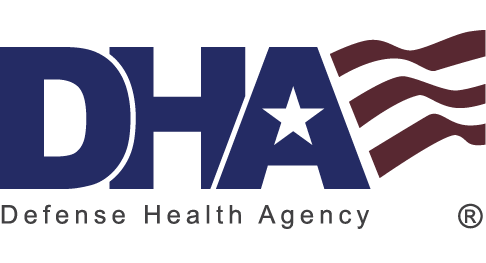Feb. 04, 2025 | By Jean Graves, Bayne-Jones Army Community Hospital
FORT JOHNSON, Louisiana — Have you ever wondered what the letter grades mean that are posted outside dining facilities, food trucks, concessions, homebased cottage food operations, and restaurants at the Joint Readiness Training Center and Fort Johnson?
Bayne-Jones Army Community Hospital’s Department of Public Health inspect these establishments quarterly to ensure U.S. Army food sanitation compliance.
“My team ensures the community has safe food and drinking water,” said 1st Lt. Niala Bryant, chief of environmental health for BJACH. “We conduct studies on vector-borne illnesses carried by mosquitoes, swimming pool inspections, and heat stress studies. We also provide the daily heat category status of the installation.”
Bryant said the veterinarians at Fort Johnson and her team work closely on food safety related inspections with the vets focusing on farm to food storage. Her team focuses on “food storage to the forks” of the dining facility and restaurant patrons across post.
“The grades we use indicate each facility’s level of sanitation,” she said.
Pfc. Christina Braham, preventive medicine specialist, with the BJACH DPH conducts inspections regularly.
Department of Public Health is made up of five distinct sections: the Army Hearing program, industrial hygiene, occupational health, public health nursing and epidemiology, and environmental health.
“The Department of Public Health has many different sections, but we all assist in the well-being of our community,” she said. “Environmental Health, where I work, specifically tries to prevent sicknesses and diseases, whether that be food-borne, bacteriological quantities in water (recreational or potable), vector-borne diseases, hazardous waste, CYS inspections, gym inspections, barbershop inspections, and more.”
Braham said she inspects all dining establishments quarterly and works closely with the veterinary team on post.
“The food inspections we do are to ensure that all facilities maintain the highest standards of cleanliness,” she said. “As a 68S, I check the sanitary aspect of the kitchen, the employees, and make sure food is not spoiled or in the danger zone which can put individuals at risk for foodborne illnesses. Whereas the veterinary food inspection specialists (68R) focus on the expiration dates and time of temperature-controlled foods.”
Braham said the veterinary inspectors focus on where the food comes from, while she focuses on the conditions where the food is prepared for customers.
“The grades are based on the regulatory guidance outlined in Technical Bulletin Medical 530, Table 8-4,” she said. “An A rating means the establishment is fully compliant, a B rating means substantially compliant with no imminent health hazards present, a C rating means the establishment has three or more critical violations and six or more noncritical violations, along with no imminent health hazards present.”
Braham said anything less than a C rating suggests the establishment is noncompliant and imminent health hazards exist.
Editor’s note: To learn more about the JRTC and Fort Johnson Department of Public Health visit: https://bayne-jones.tricare.mil/Health-Services/Public-Health





